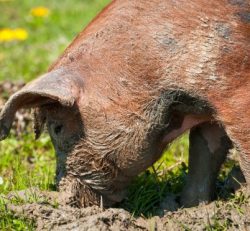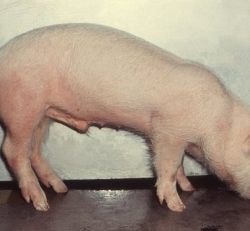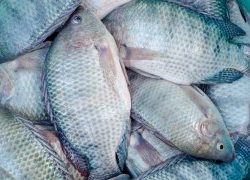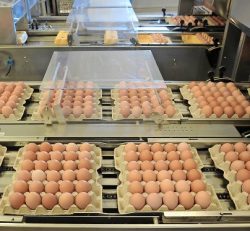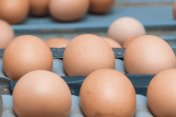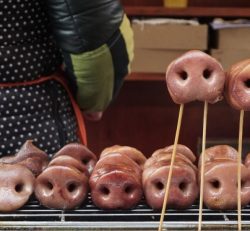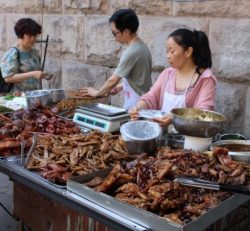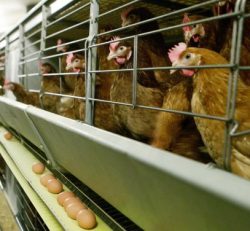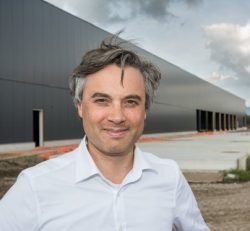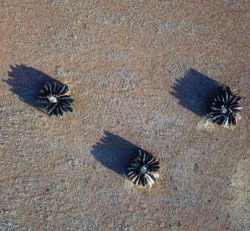RESEARCH: HOW A CHICKEN MAKES A GOOD EGG
Nanostructures and a binding protein create a shell strong enough to protect a chick but soft enough for it to hatch.
Birds have benefited from millions of years of evolution to make the perfect eggshell – a thin, protective biomineralised chamber for embryonic growth that contains all the nutrients required for the growth of a baby chick.
Now, scientists at McGill University, Montreal, Canada have found what exactly gives bird eggshells these unique features and they believe the findings could have important implications for food safety in the agro-industry.

Photo: Shutterstock
They used sample-preparation techniques to expose the interior of the eggshells to study their molecular nanostructure and mechanical properties.
Marc McKee, professor in the Department of Anatomy and Cell Biology, said: “Eggshells are notoriously difficult to study by traditional means, because they easily break when we try to make a thin slice for imaging by electron microscopy.
“Thanks to a new focused-ion beam sectioning system… we were able to accurately and thinly cut the sample and image of the interior of the shell.”
Eggshells are made of both inorganic and organic matter and graduate student Dimitra Athanasiadou found that a factor determining shell strength is the presence of nanostructured mineral associated with osteopontin, an eggshell protein also found in composite biological materials such as bone.
The study provides insights into the biology and development of chicken embryos in fertilised and incubated eggs. Eggs are sufficiently hard when laid and during brooding to protect them from breaking. As the chick grows inside the eggshell, it needs calcium to form its bones. During egg incubation, the inner portion of the shell dissolves to provide this mineral ion supply, while at the same time weakening the shell enough to be broken by the hatching chick.
Using atomic force microscopy, and electron and x-ray imaging methods, Professor McKee’s team of collaborators found that this dual-function relationship is possible thanks to minute changes in the shell’s nanostructure that occurs during egg incubation.
In parallel experiments the researchers were also able to recreate a nanostructure similar to that which they discovered in the shell by adding osteopontin to mineral crystals grown in the lab.
Prof McKee believes that a better understanding of the role of proteins in the calcification events that drive eggshell hardening and strength through biomineralisatioon could have important implications for food safety:
“About 10-20% of chicken eggs break or crack, which increases the risk of salmonella poisoning. Understanding how mineral nanostructure contributes to shell strength will allow for selection of genetic traits in laying hens to produce consistently stronger eggs for enhanced food safety.”
The work was supported by grants from the Natural Sciences and Engineering Research Council and the Canadian Institute of Health Research and was published recently in Science Advances and highlighted in this month’s Nature.
Tony McDougal
Freelance Journalist
Source: www.poultryworld.net


